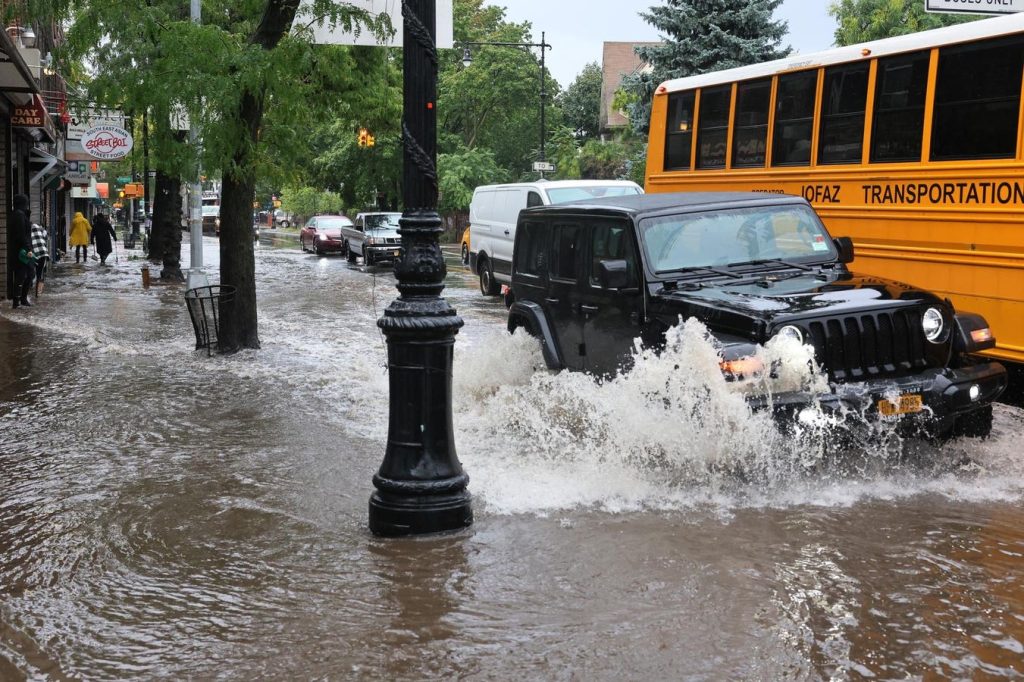The rise of extreme weather events due to climate change is causing insurance payouts to skyrocket, leading to challenges for insurers. In response to this, flood intelligence company 7Analytics has raised €4 million in funding to expand its AI-led flood and landslide prediction models. The goal is to provide insurance coverage in high-risk areas by offering more precise risk assessment data to insurers.
The impact of extreme weather is forcing the insurance sector to focus more on specific areas of risk, especially when dealing with compounding co-occurring hazards. Floods are having a significant economic impact globally. In the US, extreme weather events are costing at least $1 billion every three weeks, while in the UK, insurance claims reached a record £2.55 billion in 2023, prompting Nationwide Building Society to stop providing mortgages in high-flood risk areas.
7Analytics uses hydrology, geology, and data science in its AI-based product suite to create high-precision risk models for floods and landslides. Insurers rely on accurate risk prediction to set premiums and provide cover, making these models crucial for the industry. With insured losses from natural catastrophes exceeding $100 billion annually, there is a growing need for better risk assessment tools to keep up with the evolving risk landscape.
As global insured losses from natural disasters continue to rise, the challenge of setting premiums and providing cover in the face of climate change becomes more complex. In the next ten years, insured losses are expected to double with the increasing frequency and intensity of extreme weather events. The acceleration of costs poses a threat to the insurance industry, affecting not only premiums but also individual and societal costs where there is no insurance cover available.
Severe thunderstorms and large-scale urban floods are driving insured natural catastrophe losses, which have been growing by 5-7% annually since 1994. The relative loss burden compared to GDP has doubled over the last 30 years, outpacing global economic growth. Swiss Re’s chief executive Global Clients & Solutions emphasized the need for risk assessment and insurance premiums to adapt to the fast-evolving risk landscape as weather hazards intensify due to climate change.
Insurance industry faces increasing challenges in providing coverage for floods and other natural disasters. Advances in flood risk analysis, such as ICEYE’s Flood Early Warning service, offer insurers the opportunity to track and mitigate flood damage. However, to effectively manage risk, insurers need to understand the local specifics of flood risk. Companies like 7Analytics are developing products that provide detailed risk prediction data, helping insurers better assess risk differentials and provide coverage for more people in high-risk areas.


